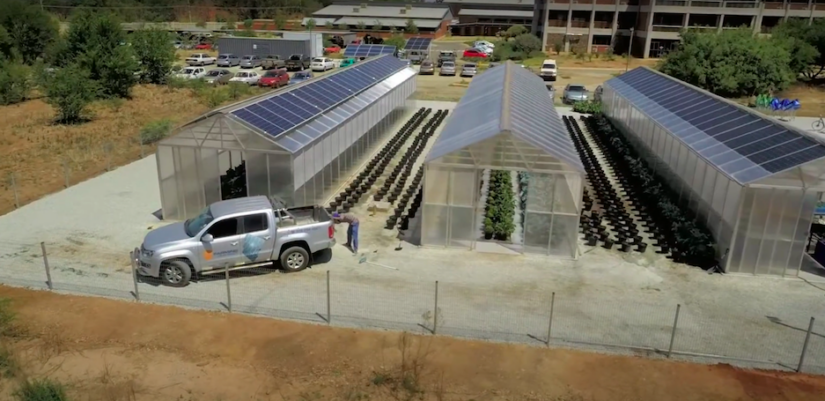
In this part of our series Co-benefits Stories, Nicolaas Faure van Schalkwyk talks about the economic co-benefits of de-regulating the energy sector with renewables in South Africa. For this series, we have asked energy professionals that have participated in our trainings for their thoughts and experiences on co-benefits of renewable energy in their country.
“Energy Security is a current challenge for the South African power system. The benefit of de-regulating the energy sector will allow private and international institutions to invest locally. It would create competition which will bring the price of renewable energy further down which in turn could reduce the price of electricity for all consumers (biggest benefit for poor households). The latter would reduce power outages due to establishing new generation where needed and in a short space of time. It would create more net jobs, result in less system power losses due to decentralized power generation, reduce GHG emissions, improve the health of people and reduce health costs due to improved air quality. Overall, health and the financial wellbeing of the poor should not be compromised at all.”

Based on insights of the COBENEFITS research group, the Renewables Academy (RENAC) currently conducts trainings in Turkey, Kenya, South Africa and Mexico. Participants learn about co-benefits of renewable energy in climate change mitigation, tools to quantify and communicate social and economic opportunities and policies and instruments to mobilise them.